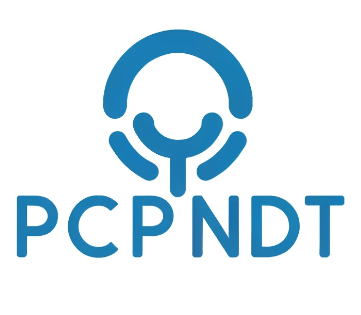Health insurance policies offer comprehensive coverage, including pre- and post-hospitalization, annual check-ups, and more. In contrast, Medical Savings Accounts focus on tax advantages and qualified medical expenses, but may not cover additional benefits. Unlike flexible spending accounts (FSAs), HSAs don’t expire and belong to the individual.
Health insurance and medical savings accounts (MSAs) are two financial tools that individuals can use to manage their healthcare expenses. Deciding which option is right for you requires careful consideration of your health needs, financial situation, and long-term goals. We’re here to break it down to help you decide which option best fits your needs.

What is Health Insurance?
Health insurance covers the financial costs of medical and surgical treatment between an individual and an insurance company. Individuals pay premiums to the insurance company, which then covers a portion of their medical costs. Health insurance plans vary in coverage, deductibles, and network options.
You pay a monthly premium, and in return, the insurance company covers a portion of your medical expenses according to your plan’s terms. This includes doctor visits, prescriptions, hospital stays, and often preventive care.
Key Points:
- Coverage: Comprehensive coverage for a wide range of medical services.
- Cost Sharing: Involves copayments, deductibles, and coinsurance.
- Networks: May have preferred provider networks.
- Benefits: Provides peace of mind and financial security against unexpected medical expenses.
Pros:
- Peace of mind: Knowing you’re covered for major medical events reduces financial stress.
- Spread-out payments: You don’t have to shoulder large medical bills upfront.
- Network coverage: In-network providers offer negotiated rates, saving you money.
Cons:
- Monthly premiums: Can be a significant financial burden, especially for those without employer contributions.
- Deductibles and copays: You’ll still be responsible for some out-of-pocket costs before your insurance kicks in.
- Limited coverage: Some plans may not cover everything, like dental or vision care.
What is Medical Savings Accounts?
MSAs are tax-advantaged accounts that allow individuals to save money for medical expenses. They are typically paired with high-deductible health insurance plans. There are two main types of MSAs: Health Savings Accounts (HSAs) and Flexible Spending Accounts (FSAs). Both HSAs and FSAs allow individuals to set aside pre-tax dollars to pay for eligible healthcare expenses.
Key Points:
- Tax Benefits: Contributions are tax-deductible or pre-tax.
- Control: Individuals manage their MSA funds.
- High Deductibles: MSAs are linked to high-deductible health plans.
- Savings: Unused funds roll over year to year.
Pros:
- Triple tax advantage: Contributions are tax-deductible, earnings grow tax-free, and qualified withdrawals are tax-free.
- Carryover: Unused funds roll over year-to-year, so you can save for future healthcare needs.
- Investment options: Some HSAs allow you to invest your funds for potential growth.
Cons:
- High-deductible health plan (HDHP) requirement: To qualify for an HSA, you must have an HDHP with a higher deductible than traditional plans.
- Out-of-pocket responsibility: You’ll be responsible for a larger portion of upfront medical costs before the HSA funds can be used.
- Discipline required: It takes discipline to save in an HSA and not tap into it for non-medical expenses (which incur tax penalties).
Health Insurance vs Medical Savings Accounts
| Aspect | Health Insurance | Medical Savings Accounts |
|---|---|---|
| Eligibility | High-deductible private insurance plans | High-deductible Medicare plans |
| Funding | Individuals contribute to HSAs | Medicare contributes to MSAs |
| Tax Advantages | Triple tax-free (contributions, growth, withdrawals) | Similar tax benefits as HSAs |
| Contribution Limits | Up to $3,850 for individuals, $7,750 for families (2023) | Varies based on individual MSA plans |
| Purpose | Self-insurance for healthcare costs | For Medicare enrollees |
Choosing Between Health Insurance and MSA
When deciding between health insurance and MSAs, individuals should consider factors such as their healthcare needs, budget, and risk tolerance. Health insurance provides comprehensive coverage for a wide range of medical services but may come with higher premiums, while MSAs offer tax advantages and flexibility in managing healthcare expenses but may have contribution limits and restrictions on eligible expenses.
Can I have both health insurance and an MSA?
Certainly! You can have both health insurance and a Medical Savings Account (MSA). However, it’s essential to note that while health insurance policies offer comprehensive coverage, an MSA focuses on tax advantages and qualified medical expenses. The decision depends on your specific needs and financial situation.
Conclusion
Both health insurance and medical savings accounts are valuable tools for managing healthcare expenses. By understanding the differences between these financial options, individuals can make informed decisions that align with their healthcare needs and financial goals.
